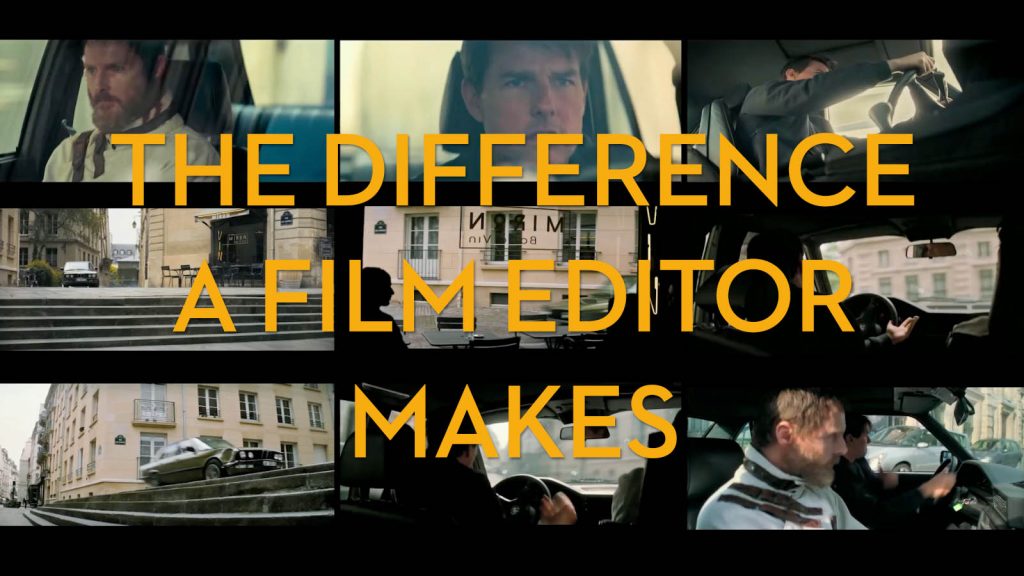
This will be the last post on the blog in 2020 and I just wanted to say a quick thank you for reading everything I’ve had to say in the past year!
It’s hard to know what to say about this year. I know it’s been devastating for many, disruptive for all and transformative for some. I hope that however you’ve weathered the past 365 days and whatever hurts and joys it has brought along the way, that this Christmas will give you time to reflect on who and what really matters most to you and to find a resilient meaning in life that cannot be taken away, and to pursue that wholeheartedly in 2021.
The problem is that contemporary people think life is all about finding happiness. We decide what conditions will make us happy and then we work to bring those conditions about.
To live for happiness means that you are trying to get something out of life. But when suffering comes along, it takes the conditions for happiness away, and so suffering destroys all your reason to keep living.
But to “live for meaning” means not that you try to get something out of life but rather that life expects something from us.
In other words, you have meaning only when there is something in life more important than your own personal freedom and happiness, something for which you are glad to sacrifice your happiness.
– Tim Keller
2020 a Year in Review – Selected Highlights from the Blog
I published 21 posts in 2020, quite a slow year compared to previous years but given everything else I was juggling in life I’m glad I got to write what I did, not to mention all the posts that got update throughout the year too.
There’s also still time to save some cash on several year-end post-production sales in my Christmas Gifts for Film Editors 2020 list here.
Here are a few other selected highlights from 2020:
- Most popular post of the year – How to Record a Zoom Meeting for Video Editing
- Responding to the times – Black Lives Matter
- Most useful post? – Useful things to do during COVID-19
- Most helpful post to read for 2021 – How to Negotiate your Finances as a Freelance Creative
- Most fun and funniest post – The Best of Bruce Banner ACE
- Popular, fun and useful – Learning Colour Grading from Professional Colorists
- Longest Post – Video Editing with a Wacom Cintiq – over 10,000 words!
- The Walter Murch-opedia!
- Gear from the Year – Nuraloops headphones and the DaVinci Resolve Speed Editor
The Difference a Film Editor Makes
To round out the year I thought I’d put together a little edit of five memorable moments from interviews, video essays, trailers and presentations that came to mind when I thought of how to explain to some film students the difference a film editor makes.
So sit back and enjoy this edit of editors, which is compiled from the following excellent resources.
1. Inside The Edit
Inside is, in my opinion, one of the best editing training courses available today, especially for the documentary genre. Created by veteran UK editor Paddy Bird it has been expanded over the years with further lessons and extensions such as Outside The Edit and a new Once Upon a Timeline podcast series.
I included their launch trailer in my edit because of anything I’ve seen, it perfectly captures the process, techniques and aspirations of what being an editor is all about. And all in just two nicely animated minutes.
You can save 25% off any Inside The Edit subscription with the discount code: JONNYELWYN and read my reviews and coverage of the course in these posts:
- Inside The Edit – Original Review, 2014
- Learn the Craft of Film Editing – Inside The Edit, 2016
- Learn Documentary Editing from Professional Editors – with an update interview on ITE 2019
- Podcasts for Post Production Professionals
“The amazing things we have planned for early 2021: a ton of brand new tutorials for the ITE Course, an epic four hour live Bootcamp webinar in January and, of course, lots of new episodes of Once Upon a Timeline.” – Inside The Edit
2. Lessons from The Screenplay – Controlling Information
One of my favourite youtube channels is Lessons from The Screenplay which features some amazing content on story, structure, character and plotting that editors would do well to absorb. With over 1.3 million subscribers you’ll be in good company.
Spending time with Michael is like hanging out with a super-smart friend who has read all the screenwriting books and is telling you to how to learn from the best bits. Each episode is perfectly executed and concisely edited. It’s excellent all round.
The portion of the episode I included in my edit is on ‘Controlling Information’ and how the editor can perform the ‘third re-write’ of the script in the cutting room. It’s a great example of how an editor can make a scene work better and faster than was originally planned in the script.
If you want to learn more about story structure, screenwriting and the craft of filmmaking from the writer’s perspective then check out these previous posts, especially Aaron Sorkin’s excellent Masterclass on Screenwriting.
- Aaron Sorkin Teaches Screening Masterclass Review
- Understanding the Power of Film Editing
- Into The Woods – A 5 Act Journey Into Story, book review
3. Every Frame a Painting – How an Editor Thinks and Feels
The GOAT of all video essayists, Every Frame a Painting was superb while it lasted, but the creators also had the good taste to finish it and move on. (Sadly).
But you should run not walk to watch every single episode right here, right now.
You’ll learn a huge amount from Tony’s insightful analysis of so many different aspects of the filmmaking process and how to improve your own understanding of the craft.
I included a portion from the episode – How an Editor Thinks and Feels – in my edit because it tackled a subject few have, successfully dissected, before; knowing how and when to cut. The episode also includes some excellent insights into pacing your cuts and allowing shots to linger – which I didn’t include in my edit for timing reasons. (Geddit.)
Here are a select few of my favourite Every Frame A Painting episodes:
- Joel and Ethan Coen – Shot, Reverse Shot
- Buster Keaton – The Art of The Gag
- Drive – The Quadrant System
- Jackie Chan – How to do Action Comedy
- David Fincher – And the Other Way is Wrong
- Edgar Wright – How to Do Visual Comedy
- The Spielberg Oner
4. Interview with Frontline Editor Steve Audette, ACE
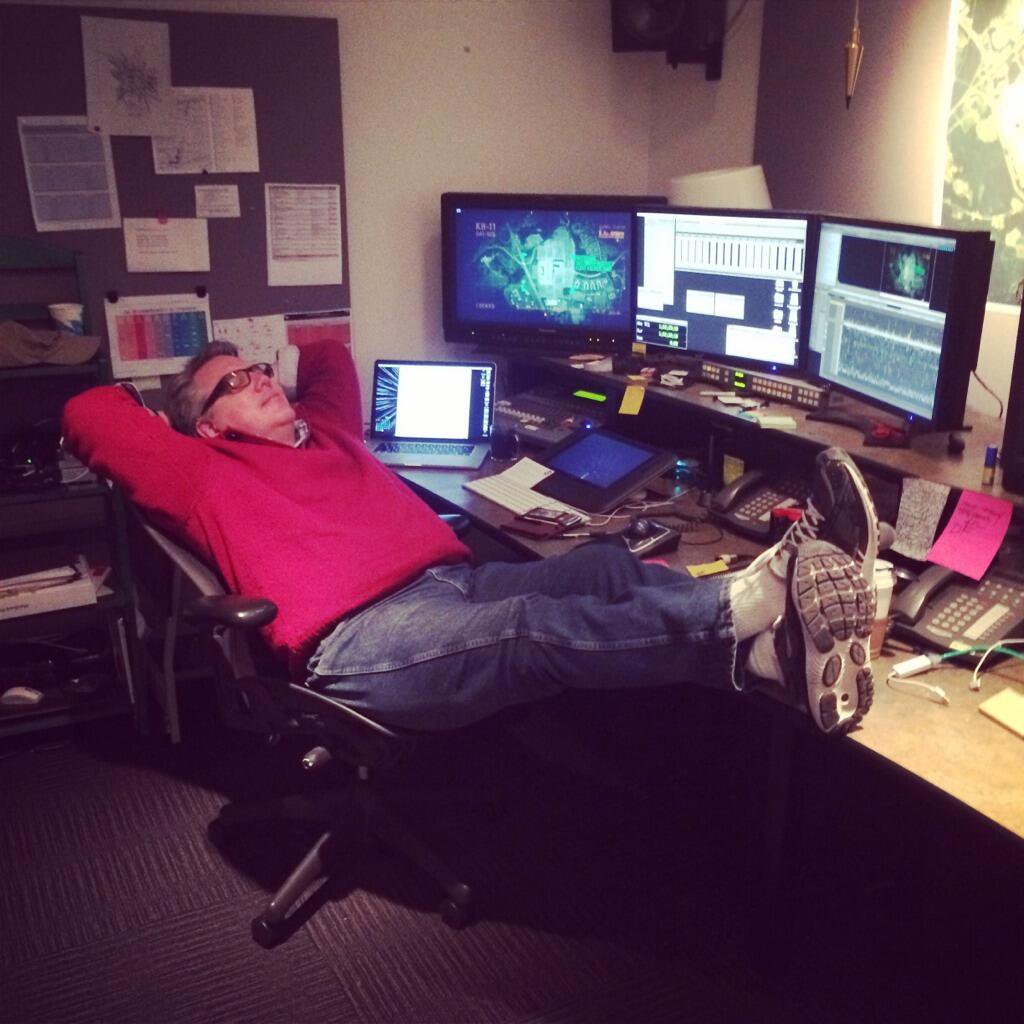
Back in 2017 I had the pleasure of interviewing frontline editor Steve Audette, ACE in a hotel bar in London. That interview became this in-depth post packed with insights on how to edit a documentary.
Steve is one of those editors who is endlessly open and generous in sharing his skills, wisdom, knowledge and advice to those who are eager to learn the craft of compelling character driven, documentary narrative creation.
I chose this portion of our conversation for my The Difference an Editor Makes edit because it’s one of those examples of an editor creating something out of (almost) nothing. Creating a powerful, emotional moment, the intention for which didn’t exist in the original script or footage. It was created when he or she sat down to edit.
One of my all-time favourite quotes from Steve is:
The mind cannot absorb, what the butt cannot endure!
Editor Steve Audette
To me, learning the skills an editor requires to cut, craft and polish a documentary are the kind of toolkit that will serve an editor well, regardless of the genre or form they eventually find themselves working in.
Here are some other informative Steve Audette resources to enjoy:
- Learn Documentary Editing from Professional Documentary Editors
- Editing Documentary – Interview with Editor Steve Audette, ACE
- How to Edit a Documentary
- A Documentary Editing Masterclass
- Frontline Documentary Editor Steve Audette on Engaging Your Audience
- The 3 Principles Behind a Story-Driven PBS Documentary – Frame.io Blog
5. Eddie Hamilton ACE – KickAss Presentation NAB 2012
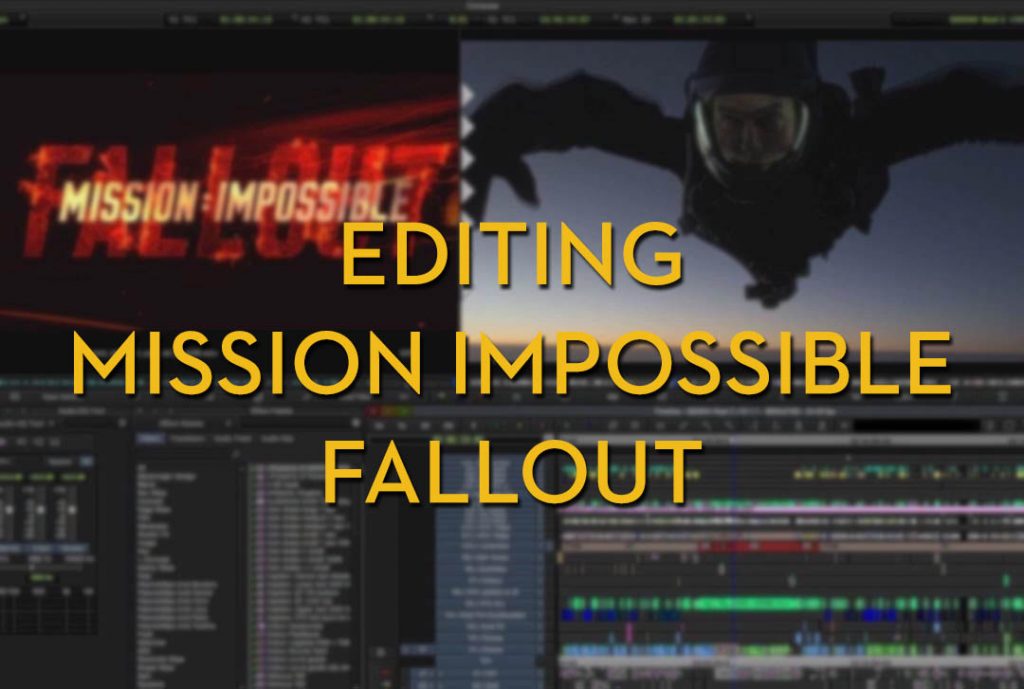
Another editor who has consistently been incredibly generous in sharing their insights and expertise is Eddie Hamilton, ACE. Who has worked hard to become one of the most sought-after action editors around.
After his breakout success editing Kick-Ass in 2010, Eddie went on to edit X-Men: First Class, Kick-Ass 2, Kingsman: The Secret Service and Mission Impossible: Rogue Nation in just five short years – plus he cut a whole bunch of other films in those same years! That is an incredible work ethic!
Director Christopher McQuarrie and Producer Tom Cruise can’t seem to get enough of him, given that he then edited Mission Impossible: Fallout, Top Gun: Maverick (dir. Joseph Kosinski) and is slated for Mission Impossible 7 & 8 which are currently in production.
The clip I chose to include in my The Difference A Film Editor Makes, was a portion of a presentation Eddie gave way back at the NAB of 2012 on the Avid stage. It demonstrates the creative problem solving that an editor needs to be able to bring to a project to take footage that was specifically shot one way, and make it work in quite another.
There’s a ton of other great stuff in the original presentation, in which Eddie strips back the layers of his edit, revealing how much work he puts into each final sequence.
Another fantastic legacy from Eddie’s career is how successful his assistant and second assistant editors have gone on to be, and he seems to work equally hard at cultivating a team who enjoy working together year after year.
Dive into these further resources to learn more from editor Eddie Hamilton and his assistant editors about the complex craft of film editing:
- Editing Mission: Impossible – Fallout – This is a HUGE post.
- Editing Mission: Impossible Rogue Nation
- Razer Naga Chroma Editing Mouse – Eddie’s Set Up
- Inside Professional Editing Timelines – Breakdowns of Eddies MI timelines
- Eddie inside the Mission Impossible 6 edit suite
- Interviews with Eddie’s Assistant Editing Team
- How to be a 2nd Assistant Film Editor – Rob Sealey
- How to be a VFX Editor – Ben Mills

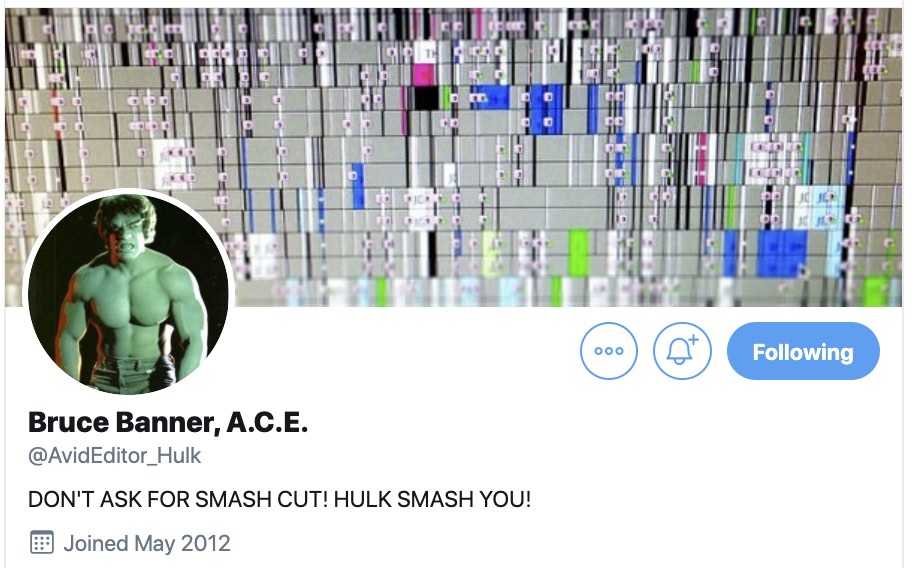
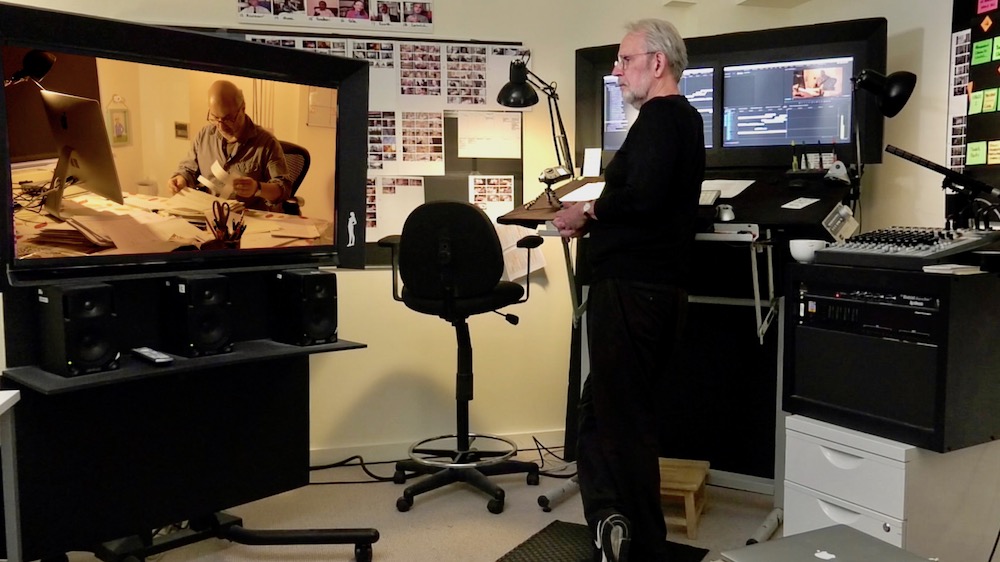
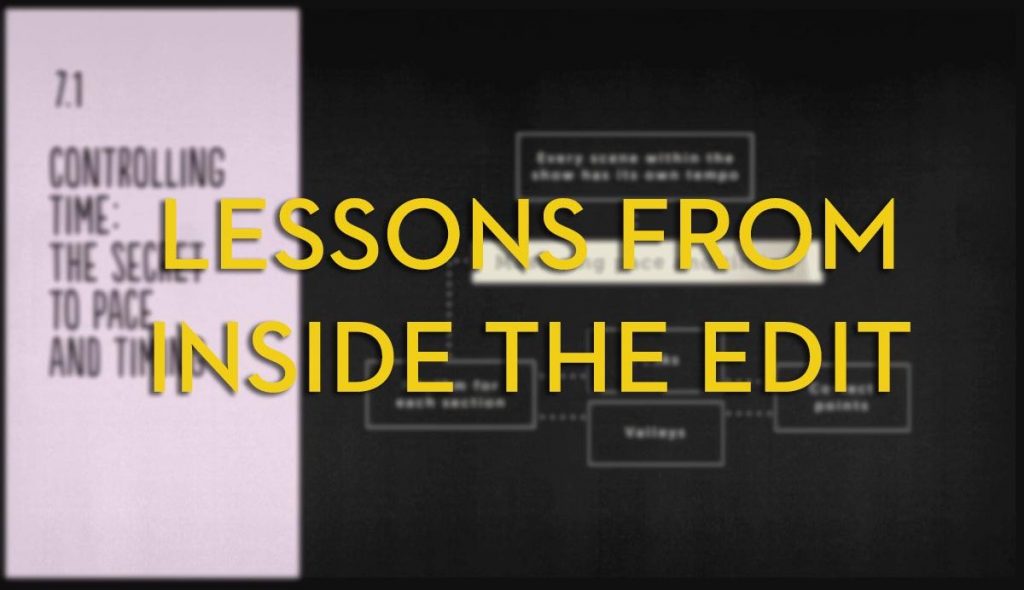



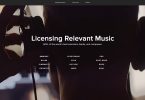
Thank you for the Tim Keller quote. I normally don’t comment on blogs. But that perfectly describes how to keep going, after last year.
Thanks for taking the time to check out the blog and to comment Jacob. I have personally found many of Tim Keller’s books incredibly helpful!